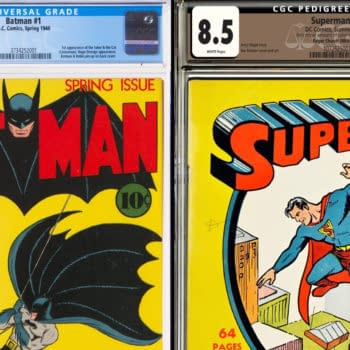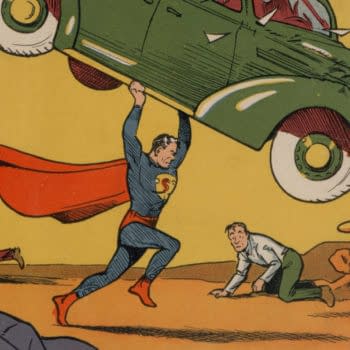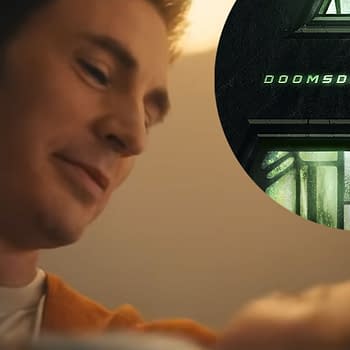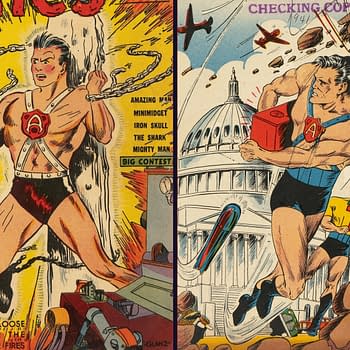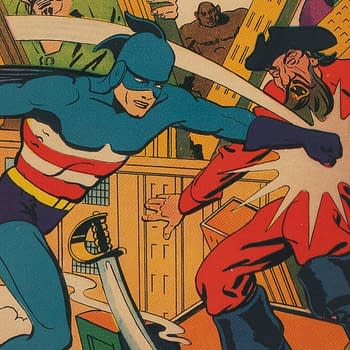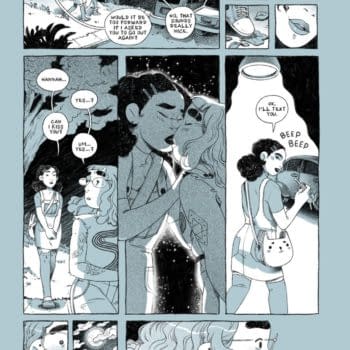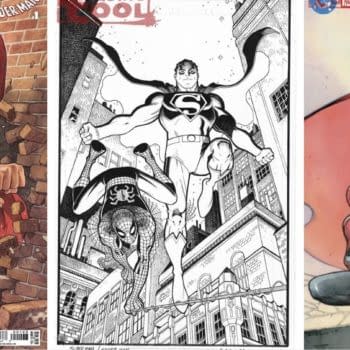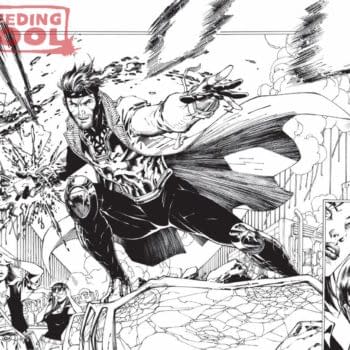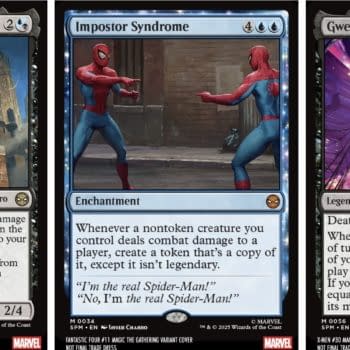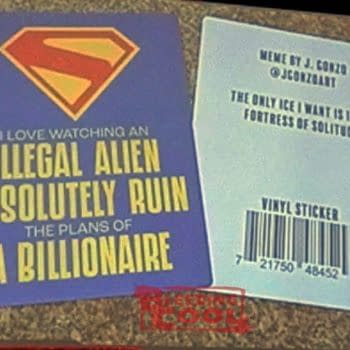Posted in: Comics, Recent Updates | Tagged: Comics, dc, marvel
The Man Who Helped Start Both Marvel & DC

For one, Levitz pointed out that the very first comics published by Marvel and DC were edited by the same man (and he thus compared the two's subsequent symbiotic histories to being like Cain and Abel going out into the world.)
This is a virtually unknown fact in an industry where we actually don't do such a bad job in trying to preserve our history. By contrast, another historical connection between the two companies — the golf game in which DC publisher Jack Liebowitz boasted of the success of the Justice League to Marvel publisher Martin Goodman, prompting the launch of the Fantastic Four — is practically the stuff of song and legend.
But it's true: Lloyd Jacquet was the first editor on the first DC Comic book, New Fun Comics. The comic book story/art packager he subsequently founded, Funnies Inc., then supplied the contents for many of the earliest Marvel comics, including the very first — Marvel Comics #1.

But history is not static, and the concept of Jacquet as a significant figure in helping DC get its start has been gaining currency in recent years, particularly after a promotional letter surfaced in 2008 with Jacquet seeming to take a prominent role in marketing the launch of the new line.
Of course, the part he played in Marvel's early days is pretty monumental — organizing the development of the contents of Marvel's flagship title Marvel Comics among others, and overseeing the creation of two of the publisher's key early characters in the Submariner and the Human Torch.
His legacy is not limited to the comics themselves, however. The contents of his estate included a wealth of materials which have contributed to our understanding of how the business of comics worked in its earliest days. Famously, he kept file copies of the comics he produced with notations on them as to payments made to contributors. So for example, we know that Bill Everett received $8 per page for creating the Submariner and Frank R. Paul got $25 for creating the iconic image of the Human Torch bursting through a steel vault door on the cover of Marvel Comics #1.
Much of this data has yet to be properly analysed. And occasionally we hear about someone who's found some previously unknown bit of Jacquet business correspondence — so it's very likely that the final story on Jacquet and the part he played in getting the comics industry off the ground has yet to be told.





